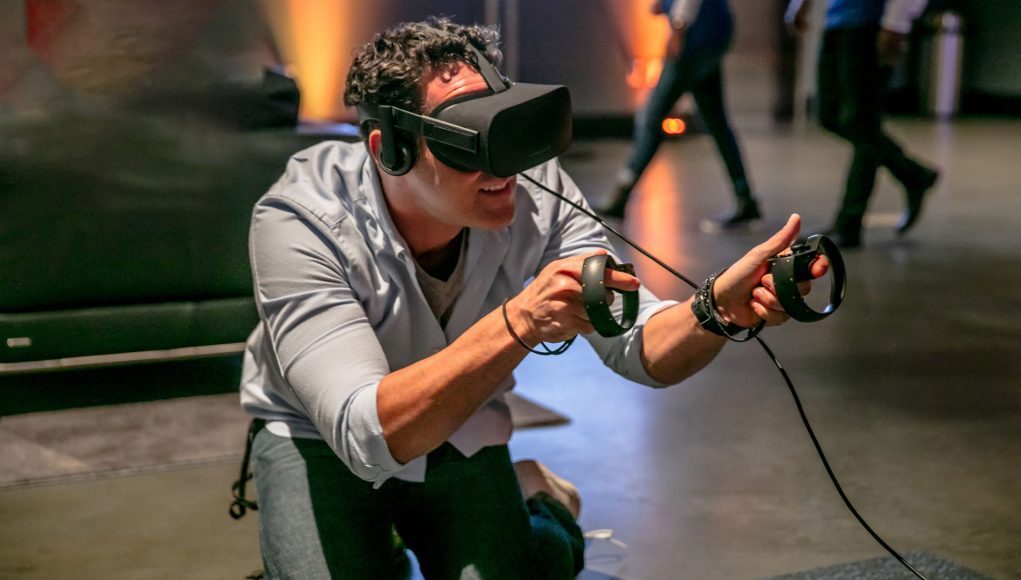Jason Rubin joined Oculus in 2014 and has been a key figure in guiding the company’s content investments and strategy. Following the recent Oculus shakeup and deeper absorption into Facebook, Rubin is now overseeing AR and VR content & partnerships at Facebook.
While Oculus had been running largely independently from Facebook after the 2014 acquisition, the years following would see the VR startup slowly pulled deeper into the mothership as several key Oculus figures departed and made way for greater Facebook oversight.
The most recent—the departure of Oculus co-founder and former CEO Brendan Iribe—came amidst reports of a major restructuring of the Oculus unit, purportedly more deeply integrating it into Facebook in an attempt to create a more cohesive immersive technology strategy currently divided among mobile VR, PC VR, and augmented reality.
In that restructuring, Jason Rubin has been officially pulled under the Facebook banner and his purview has expanded from VP of VR content to VP of AR/VR Content & Partnerships.
Rubin’s new role began at least as early as November. A Facebook spokesperson confirmed the role change to Road to VR.
“Jason continues to lead our teams that deliver amazing content to VR. There were some internal changes but nothing that impacts how we work with our various developer and creator communities.”
Rubin brought significant games industry experience to Oculus when he joined in 2014. A co-founder of game studio Naughty Dog and director of noted titles like Crash Bandicoot (1996) and Jak and Daxter (2001), Rubin joined Oculus as the President of Oculus Studios following a brief stint as President of THQ. He was eventually promoted to Head of Content and then to VP of Content before his most recent role change. Rubin has been a key spokesperson and a tempered voice for Oculus throughout his time at the company; he is also seen as one of the last visible pillars of the ‘old’ Oculus.
Rubin’s LinkedIn profile indicates that the role adjustment comes via the “newly combined AR/VR Partnerships and Content teams,” and that his responsibilities in addition to VR are expanding to “Augmented Reality, Portal, and other future technologies developed across Facebook.”
Portal is Facebook’s recently launched videophone; Rubin’s hand in that part of Facebook’s business supports reports of significant restructuring of Oculus within Facebook. Increasingly, Oculus feels more like a brand and less like its own company, though this is quite by design considering the ‘Oculus by Facebook’ branding that began appearing in 2016.







